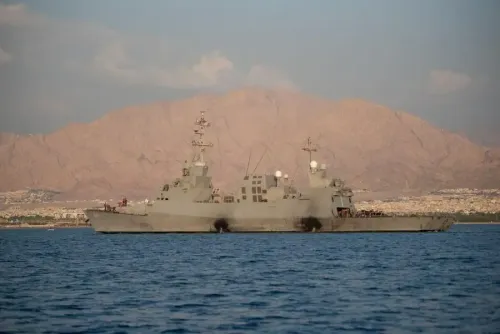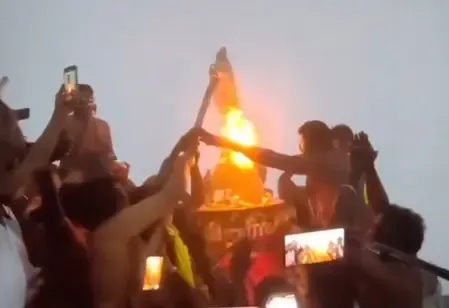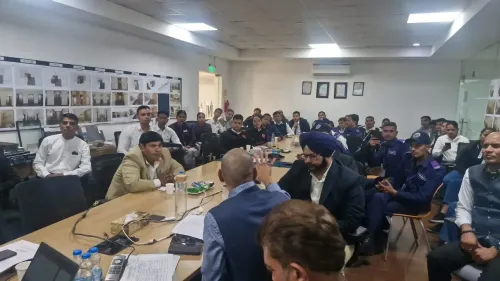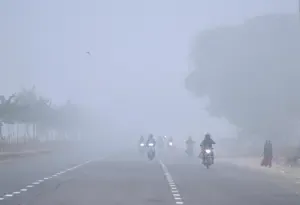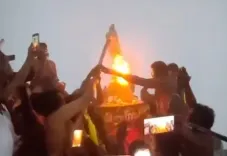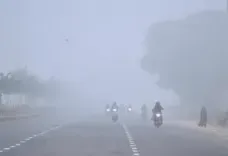Why is Bengal CM Mamata Banerjee Opposing Modi's Appointment of an Interlocutor for Gorkhaland?
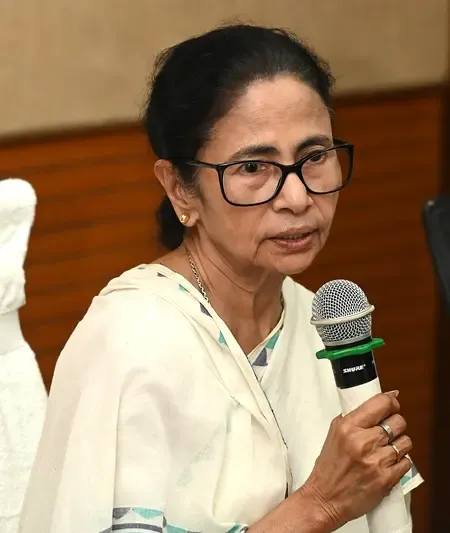
Synopsis
Key Takeaways
- Mamata Banerjee opposes the appointment of Pankaj Kumar Singh as interlocutor.
- The Gorkhaland issue is crucial for local governance.
- Cooperative federalism is essential for regional peace.
- Consultation with state authorities is necessary for sensitive matters.
- Banerjee's leadership has contributed to peace in the region.
Kolkata, Oct 18 (NationPress) West Bengal Chief Minister Mamata Banerjee expressed her discontent in a letter to Prime Minister Narendra Modi regarding the Union government's decision to appoint Pankaj Kumar Singh, a former Deputy National Security Advisor and ex-Director General of the Border Security Force, as an interlocutor. This appointment is meant for tripartite discussions aimed at finding a permanent political solution to the long-standing demand for a separate Gorkhaland state, which involves the regions of Darjeeling, Kalimpong, and Kurseong, as well as parts of the Terai and Dooars in north Bengal.
In her letter, she stated, "I am surprised and shocked to learn about the appointment of retired IPS officer Pankaj Kumar Singh as an interlocutor to discuss the issues concerning the Gorkhas in the Darjeeling hills, Terai, and Dooars regions of West Bengal."
Chief Minister Banerjee argued that this decision was made without proper consultation with the state government, despite the issues relating to governance, peace, and administrative stability under the Gorkhaland Territorial Administration (GTA), which is an autonomous body governed by the West Bengal administration.
She emphasized in her correspondence that such unilateral decisions contradict the essence of cooperative federalism, which is a core tenet of our Constitution. "The current state of peace and harmony in the region is a result of the diligent efforts of the West Bengal government since 2011," she added.
Moreover, she noted that any initiatives concerning the Gorkha community or the GTA should only proceed with full cooperation from the West Bengal government to ensure peace and stability in the region.
Chief Minister Banerjee concluded her letter by urging Prime Minister Modi to reconsider and revoke the decision regarding the interlocutor's appointment.


